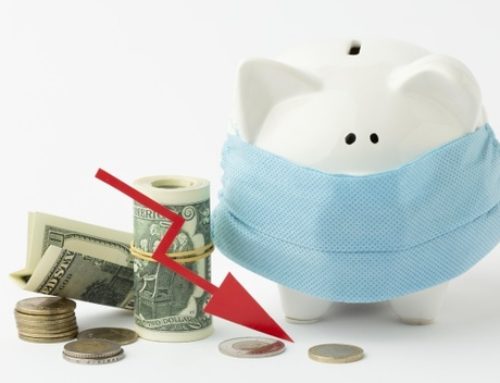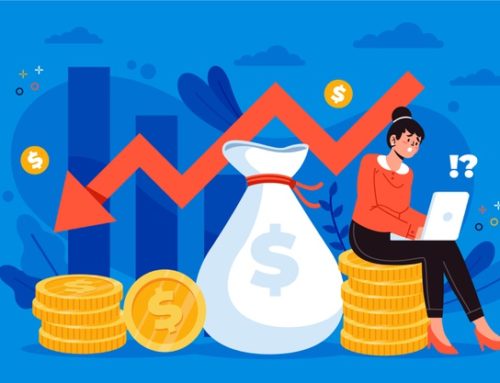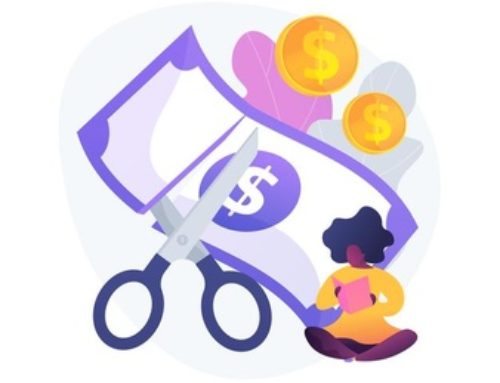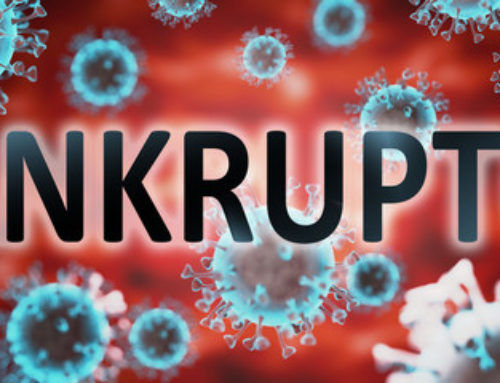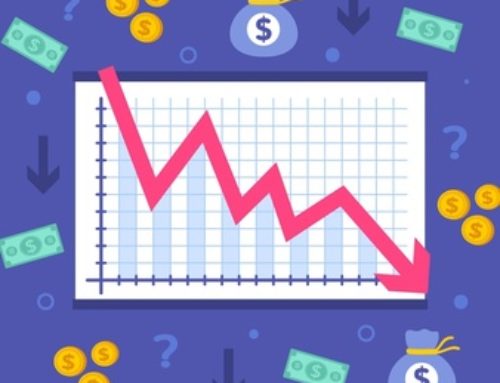Filing bankruptcy Chapter 7, which is also referred to as liquidation bankruptcy, can wipe out different types of debt. This is considered one of the simplest bankruptcy forms. With a successful bankruptcy filing, a debtor can be spared from the need to repay debts that he or she owes from creditors.
Once your bankruptcy petition has been approved by the bankruptcy court, an automatic stay comes into place. An automatic stay ensures that creditors will not sue you for failure to pay back what you owe. This will also stop wage garnishment and creditor harassment.
Filing for bankruptcy under Chapter 7 helps an individual to eliminate unsecured debt. Unsecured debts are debts without collateral. Such includes credit card bills, medical bills, and personal debts. However, certain types of debt are non-dischargeable, like certain tax debt, criminal fines and penalties, child support, alimony, and student loan debt.
Declaring bankruptcy can affect your credit report. During and even after the bankruptcy process, you will find it more difficult to get credit. Even so, months after filing a bankruptcy petition, you would be able to notice a slow but steady recovery of your credit score.
Qualifications for filing Chapter 7
Some qualifications must be met before you can file bankruptcy. These include the following:
- You must be able to pass the bankruptcy means test, which looks into your monthly income, living expenses, and assets.
- There must be no recently filed Chapter 7 or Chapter 13 bankruptcy petition.
- You will not be allowed to file a petition in bankruptcy if your previous petition has been denied due to non-compliance with a bankruptcy court order or failure to appear in court.
How to file a petition for bankruptcy
 In six months, you can go through the usual bankruptcy procedure. Here are some of the steps that you must complete to have a successful bankruptcy proceeding.
In six months, you can go through the usual bankruptcy procedure. Here are some of the steps that you must complete to have a successful bankruptcy proceeding.
- Hire a credible bankruptcy attorney. If you are struggling with debt and financial problems, consulting a trusted local attorney is highly advisable. Competent bankruptcy attorneys will help you understand the bankruptcy rules for each chapter and help you decide which will be the right option for you and advise you on the correct procedure of filing bankruptcy. Doing so prevents dismissal of your bankruptcy case, which can result from simple misstep such as failure to provide all the required paperwork.
- Undergo credit counseling. Before declaring bankruptcy, you should have completed counseling with a certified nonprofit credit counseling provider.
- Prepare all the necessary forms and supporting documents. Your attorney will assist you throughout the entire bankruptcy proceeding. Although it is your responsibility to gather all the necessary documents related to your debts, personal property, monthly income, and expenditure, he or she can check if they are complete.
- Work with your bankruptcy trustee. The court will assign a trustee that will evaluate your bankruptcy case and determine your eligibility. After evaluating the required documents, bankruptcy trustees will confirm if filers are qualified for Chapter 7. He or she will also manage the transactions between you and any creditor concerned.
- Attend the meeting of creditors. A meeting between the debtor and the creditors will be organized by the trustee in bankruptcy cases filed. You will be required to answer questions regarding the bankruptcy forms you submitted and your finances.
- Liquidating nonexempt assets. The assigned trustee in your bankruptcy case will liquidate your assets and distribute the funds to your creditors. Some bankruptcy cases under Chapter 7 are ‘no asset’ cases wherein no non-exempt properties are to be liquidated.
- Dealing with secured debts. Assets held as collateral can be ordered returned to the creditor to settle a secured debt. You may be able to keep the collateral and avoid repossession if you will repay your debt to the creditor.
- Completing the required financial management course. You are to undergo a financial education course from a certified credit counseling organization before you can obtain a bankruptcy discharge.
- Obtaining bankruptcy discharge. You may be able to benefit from discharged debts in a span of three to six months after filing bankruptcy. This means that all qualifying debts are forgiven or wiped out.
Is Chapter 7 bankruptcy the best option for you?
Chapter 7 bankruptcy can be beneficial for you if you don’t own a lot of properties. This could also be the best option for you if your debts are greater than your annual salary. If you have unsecured debts like medical debt and credit card debt, Chapter 7 will be able to wipe out these types of debt.
Remember that certain debt problems cannot be eliminated even if you file bankruptcy. A bankruptcy filing, however, can still help if you can eliminate other forms of debt and free up a sufficient budget for you to pay non-dischargeable debts.
Bankruptcy lawyers that have extensive experience in handling bankruptcy cases will give you advice on how you can obtain debt relief and rebuild your financial future.
Filing for bankruptcy allows you to have a fresh start with your finances. Consult a bankruptcy lawyer before you consider filing bankruptcy. Contact us at the Northwest Debt Relief Law Firm for legal help and assistance.

